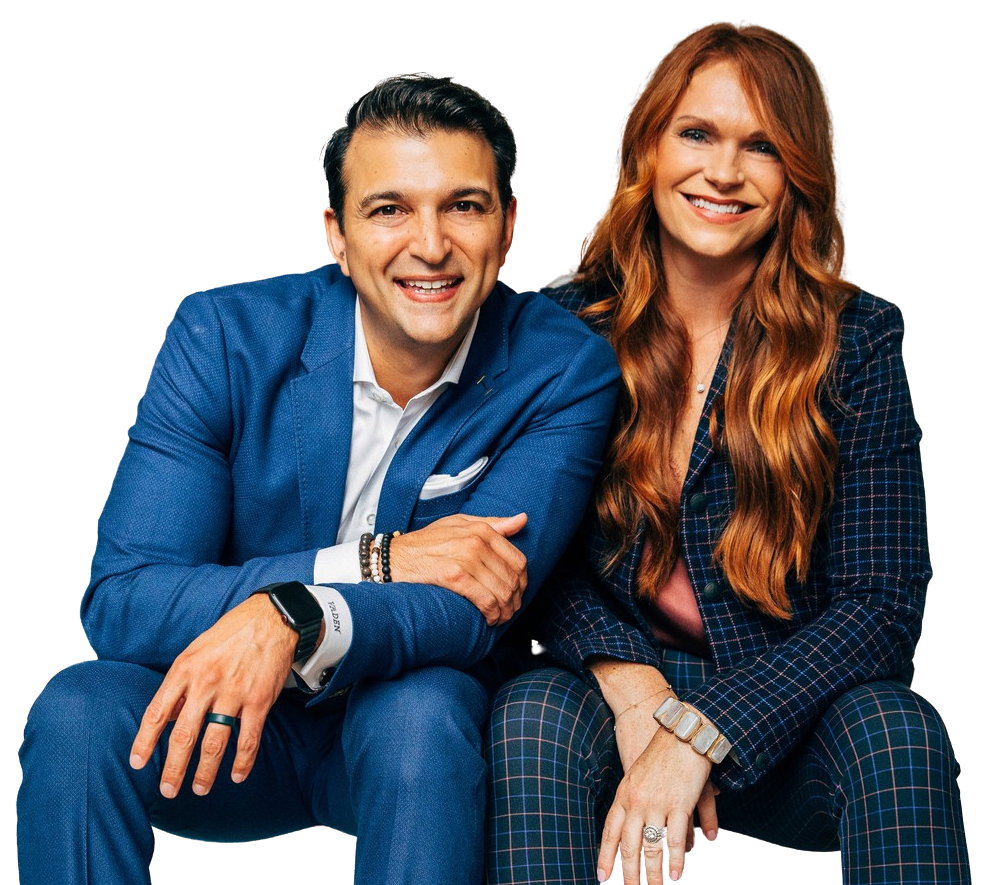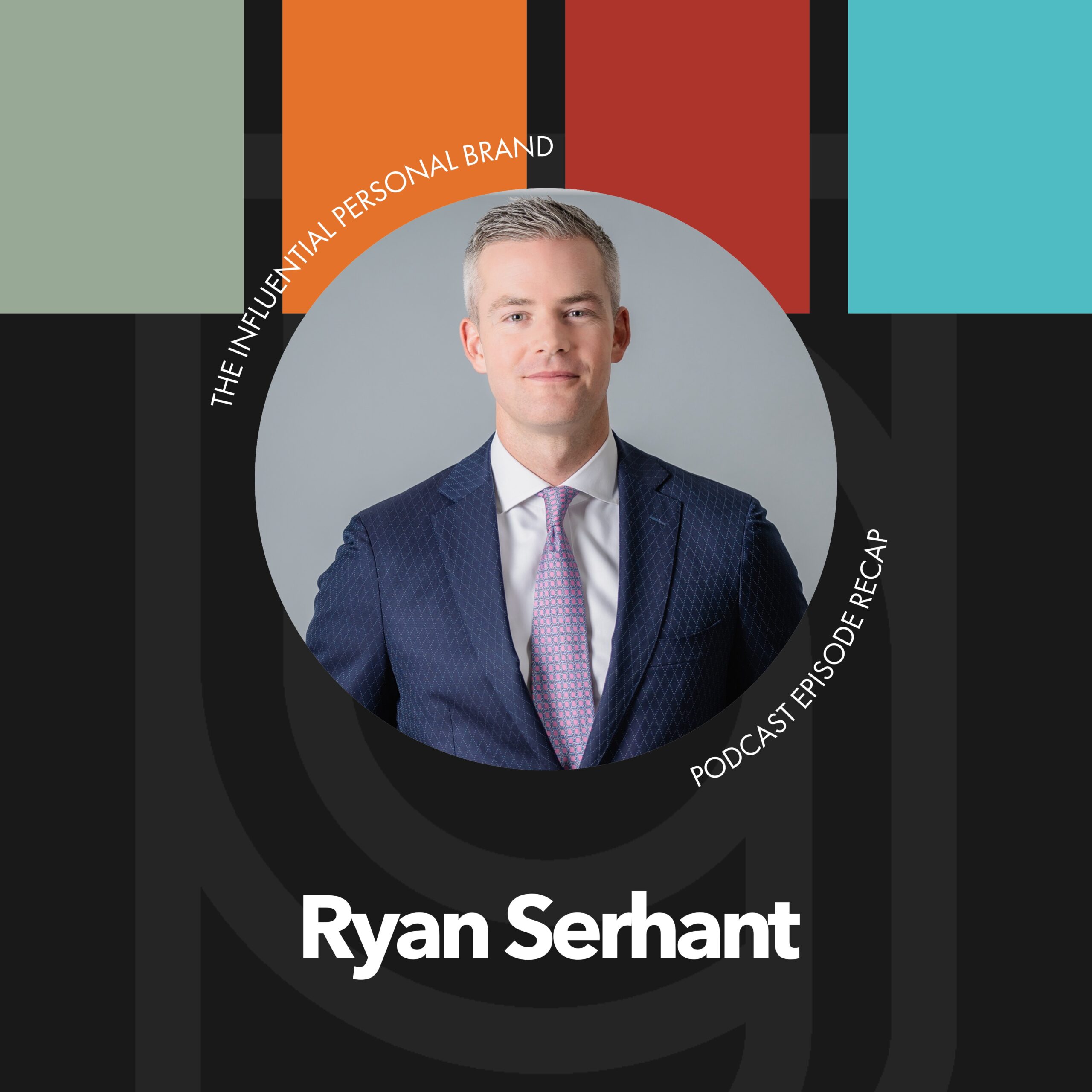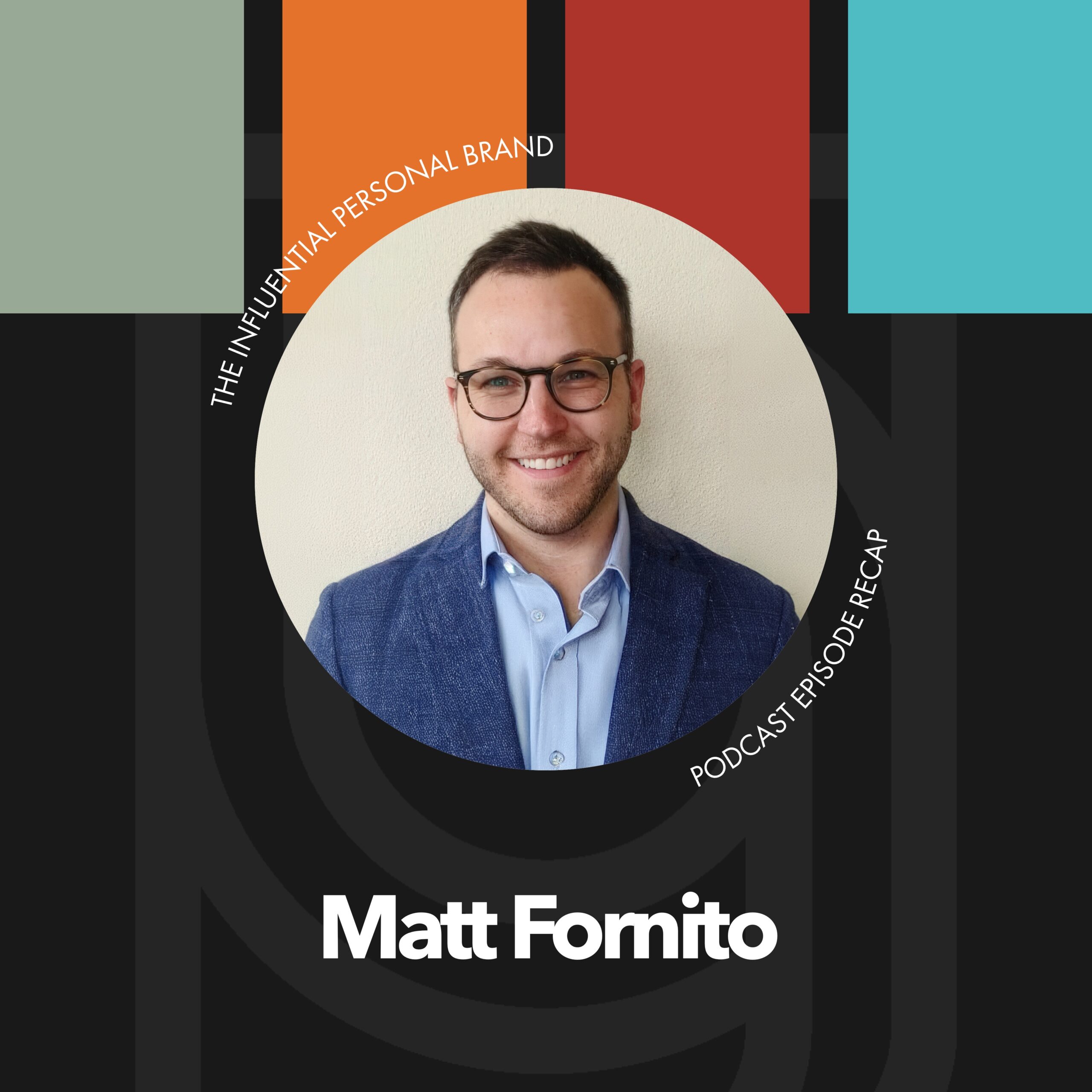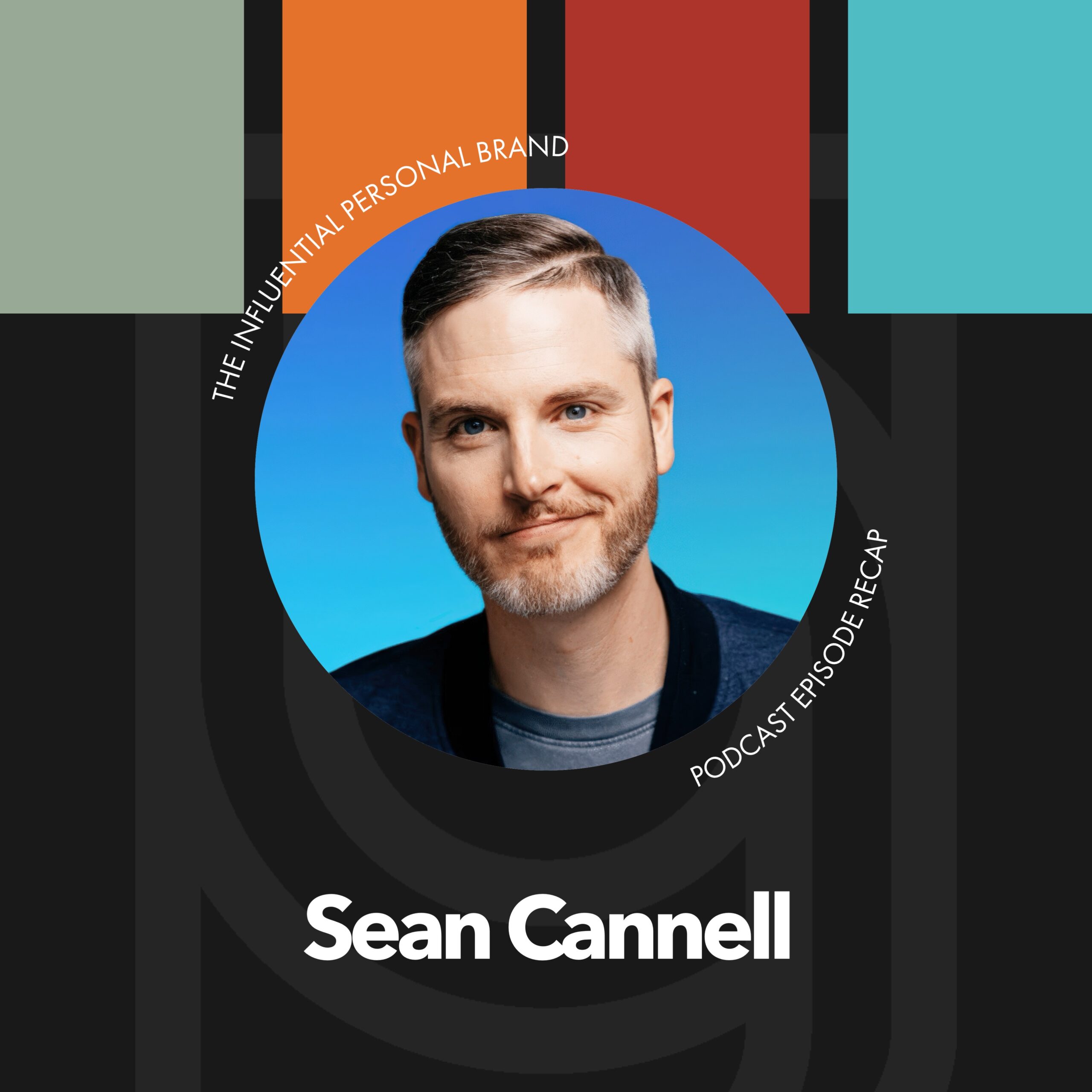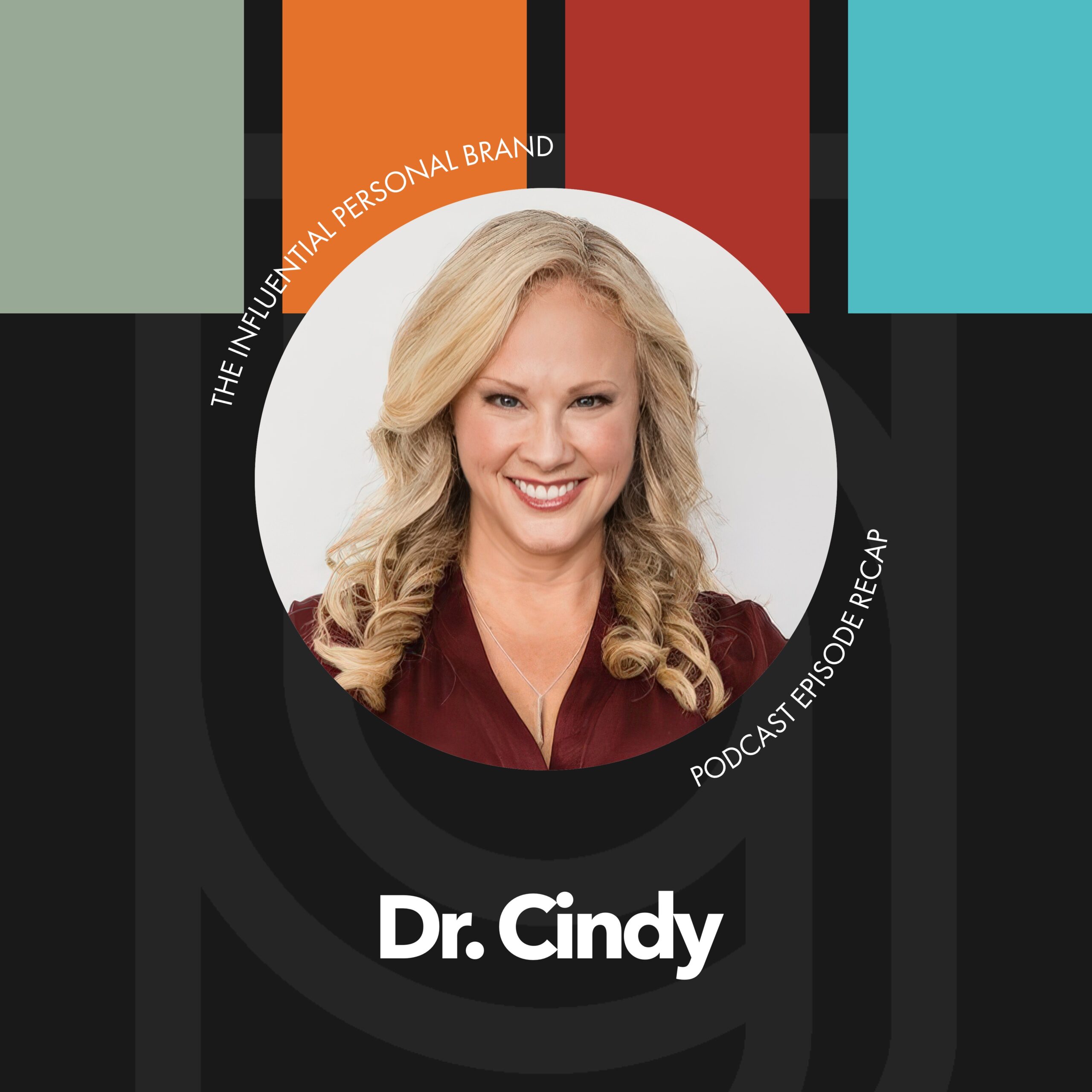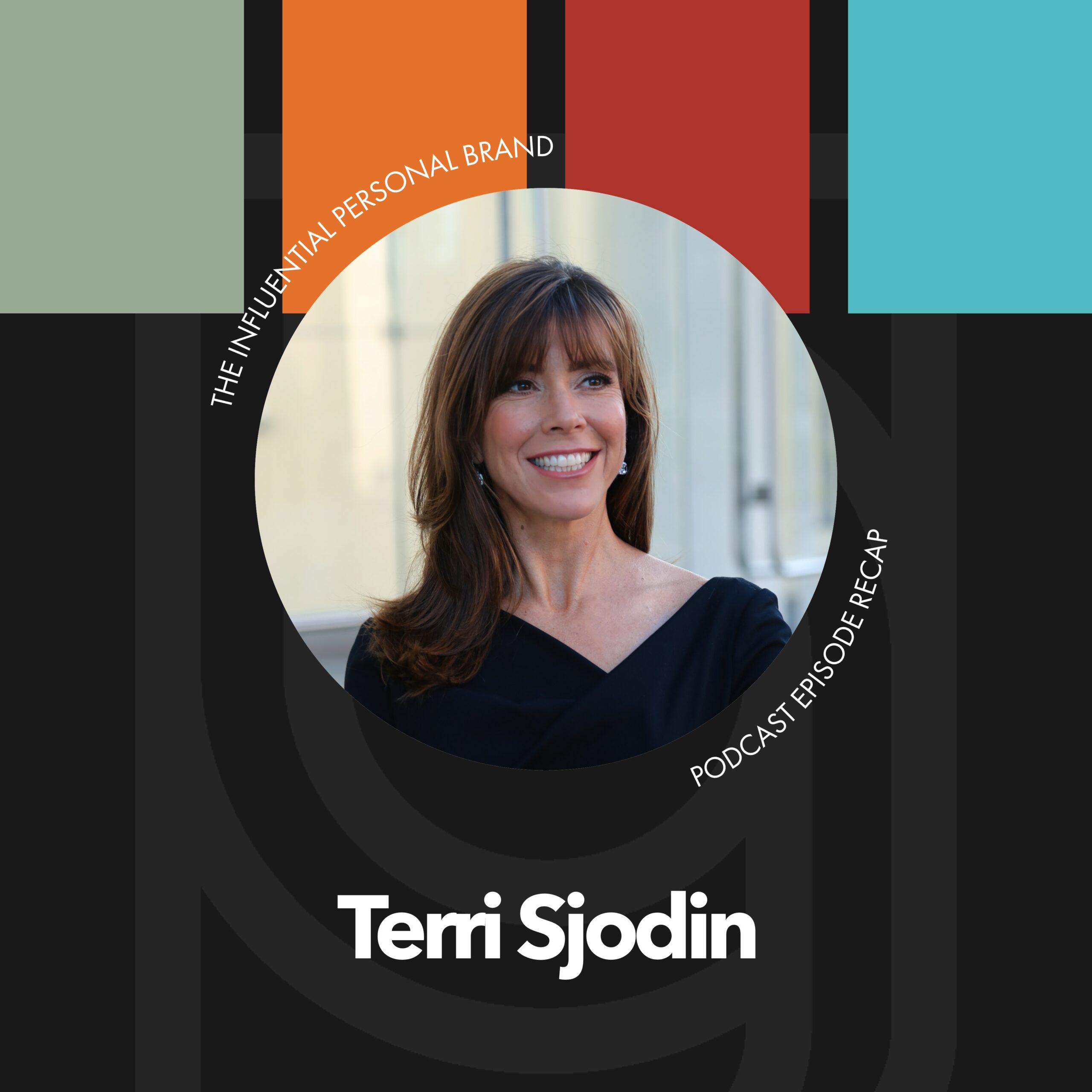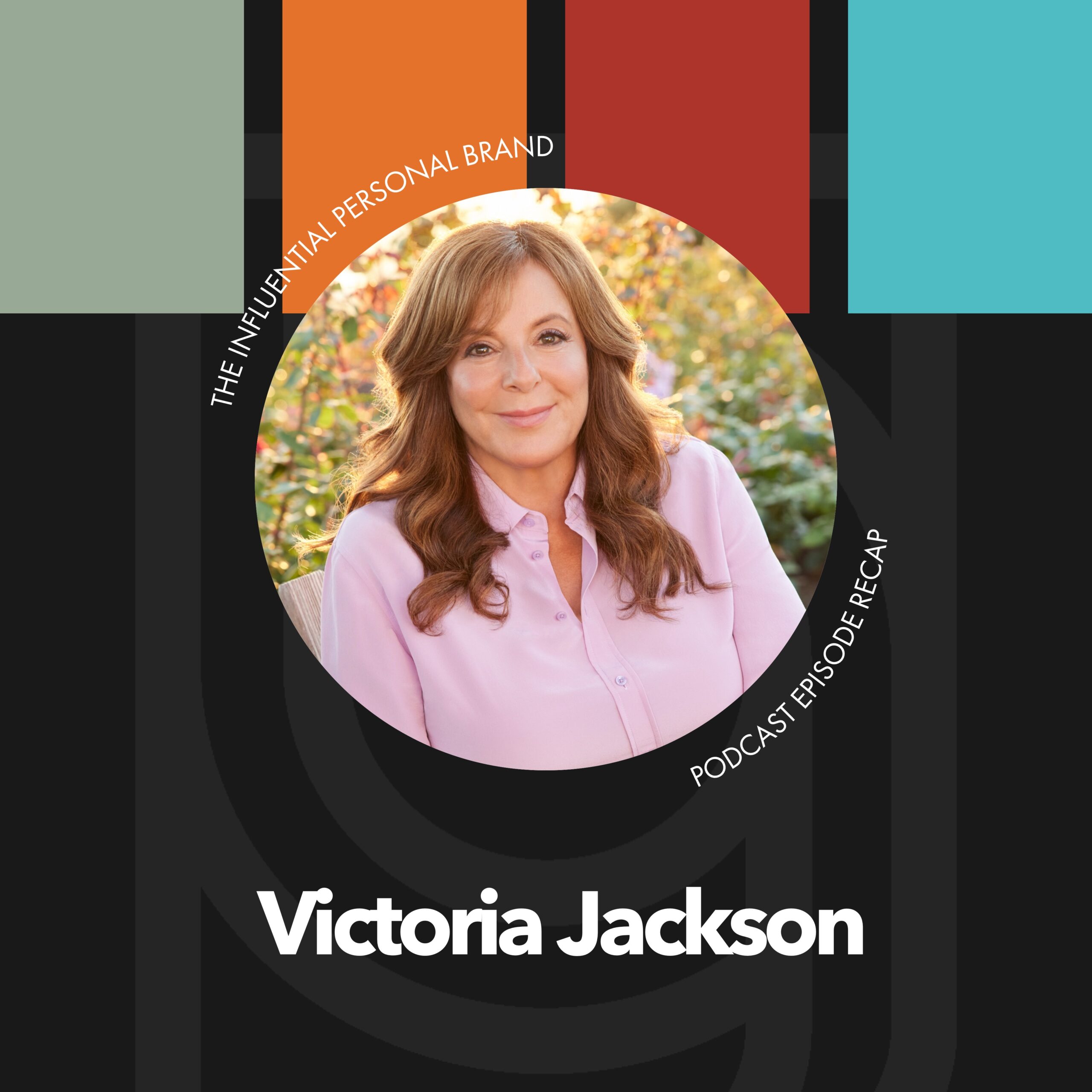AJV (00:00):
So you want to scale your coaching practice. This is a conversation that I have with so many individuals who are beginning on their coaching journey or who’ve been on it for a while, and they go, I’m ready to take it to the next level. So figured why not have this conversation in a recorded sense so that we can share it with the masses. So a couple of things that I think are really important to have this conversation. The first thing is asking yourself, why do you want to scale? Because you don’t have to. And I think the important thing to realize is that scaling takes a lot of work, a lot of time, a lot of resources, and it takes people, right? And I think what people also don’t realize is that often in order to scale, you will lose money before you make money.
AJV (00:58):
Not always, but often. And the truth is, is that our reasons for scaling are often out of line, are out of alignment, meant with what we really want, and we think, well, I need to scale because that’s what you do in business. And it’s like, not really. It’s your business. You get to decide what you do. And there is nothing wrong with just going deeper with the clients that you have and making purpose your bottom line, versus trying to scale revenues and actually lose on profit. And I think there’s just sometimes too, too often we focus too much on the money. Now, clearly we need to make money in business to pay our bills. Clearly we’re in business to make some sort of profit to like enjoy the fruits of our labor, but not at the cost of our happiness, our peace, our joy, our our time with our family.
AJV (01:58):
In other words, why are you doing it? And so I just would encourage that before you go, yeah, I’m ready to grow and ready to scale that you really actually answer the question, why? Why do you want to scale? Because you don’t have to. Now, if you choose to then let’s talk about that , let’s talk about that. So number one, be prepared to put in a lot of extra time, resources, and money. I think that’s just important. It takes work. And it takes a lot of the entrepreneur’s work, a lot of the business owners work at for most, where most of us are just talking, right? It’s like most of us are scaling from Heya. It’s, it’s, it’s growing beyond me. I’m not talking about, you know, fortune 100 companies or even Fortune 1000 companies. I’m talking about scaling beyond you going from that six figure mark to the seven figure, seven to eight.
AJV (02:49):
That’s what I’m talking about, right? And it’s like, okay, now I’ve got to duplicate processes, duplicate systems, duplicate myself with more human capital, and that, that will require your time and your money and your resources. So one, be prepared for work. Number two don’t expect it to happen overnight. Let this grow over time. Let it grow organically and let it grow by demand. That’s important. You do not have to bring on three people. It’s like you bring on one and then you bring on another, and then eventually you bring on another. It’s like let this happen by demand and let it happen organically so that you don’t find yourself upside down going backwards instead of actually growing forward, which is what you wanted in the first place, right? Number three, get super clear on your culture and your people acquisition process before you can start growing in terms of the people component.
AJV (03:43):
You’ve gotta be really clear about who you are, who your clients are, how you do what you do, why you do what you do, and what makes you unique in all of that. And you’ve got to align yourself with people who line up with that culturally and beliefs and values. Like that’s important before you start expanding your company, which is also your reputation. This is a reflection of your personal brand. You’ve gotta make sure that you have all of this work dialed in so that you can be a magnet to people who are like that. Or you can be the opposite, right? You can be repulsive, polarizing to the people who aren’t. And you wanna be a little bit polarizing in the fact that I would love your culture or not for me, you need to make it that clear so people can make an a easy yes or an easy no.
AJV (04:39):
And so that you can make an easy yes or an easy no. So get clear on your culture and your people acquisition process. So what do I mean with our people acquisition process? Where do we find people? How do we interview ’em? How do we make the offer and how do we onboard ’em? Right? So a couple of things here I think that are really important is one, where do people come from? In my personal opinion we’re kind of at a place in our life where you’re gonna need to come from someone I know, right? There are very few resumes that I put online when, and, and I’m talking specifically about a coaching business, right? But it’s like, I know you or I have a client who knows you or a friend who knows you, or another business owner who knows you.
AJV (05:23):
So network, why? Because this is going to be such a key part of the reflection of your reputation, but also it’s because if I’m going to entrust my clients to you, which is a really big important part of the relationship I have with my clients, then I need someone else who can vouch for you. And I don’t, I’m not talking about stranger references, like, I want to know you. So where do you find people? It’s like you network, right? You network through your friends and business acquaintances. That is what we do, right? Through our own employee base, our client base friends. I don’t put job ads up anymore because it’s a very lengthy process to filter through the masses to find a mi maybe might be one or two potentials, right? And so that’s not the answer for everyone. I’m not talking about scaling with dozens of people.
AJV (06:09):
I’m talking about the ones and the twos, and it’s like, I’m gonna network myself to finding that right person. That’s where we do slow down the interview process. You don’t have to make a decision in 24 hours or one week. It’s like meet the person in person. Even if that requires travel time to get together, it’s like you must meet in person. They need to do a shadow day, they need to get to know you, you need to get to know them. We always do the spouse test, which is are they married to crazy? Right? At the, one of the great lessons we learned from entree leadership at the Dave Ramsey organization, it’s like, man, you’re not just, it’s very much like a marriage. It’s like you’re not just hiring a person, you’re, you’re hiring who they’re attached to. So are they single?
AJV (06:53):
Are they married? Do they have kids? It’s like those aren’t deciding factors and whether or not you hire someone, but man, you do need to know those things about the people that you’re going to spend 60% of your time with every week. It’s like, I need to know where you’re coming from. So I know that if we’re how and if we’re aligned and then shadow days, right? It’s like they gotta see the job, not read it on a piece of paper. They gotta experience the job and you need to experience them experiencing the job. Those would be all things hire for experience. These are a couple of tips. Hire for attributes, not skills, hire for their values and their character traits, not just skills. Now with that, it’s like, yeah, you need to hire for experience. You need to hire someone who can do the job, but you also need to hire someone who shares the same cultural values and beliefs that are in alignment with you and your client base, especially if you have an existing client base.
AJV (07:49):
All right, next thing set pricing based on your people talent, right? So as you start scaling in people, this allows you to have different pricing tiers. It’s likely going to cost a different amount to coach or work with you than it does the people that you’re now bringing on. So that allows you to have new tiers, new levels of service. And I think this is really important for two different reasons. One, most of you are underpriced and you need to increase your prices. And most of you need to increase your prices for you. So this is a great opportunity for you now to have a tiered pricing schedule where the current pricing you have is now the pricing to work with my coaches that I’m bringing on board to help but to coach with me, and now I’m increasing that, right?
AJV (08:32):
It’s a simple supply and demand. You increase prices when there is more demand than supply. When you have more supply, i e a new person, then you can keep prices the same, right? And then over the course of time you have to hire another person. It just allows this opportunity for you to set pricing the way it should be, which is a little bit based on supply and demand of your time and availability, but as you bring on more people you don’t have to outprice yourself out of the market that you serve or love unless you want to. And that’s up to you. And then the last little quick tip, because I’m trying to keep these short is create recurring revenue lines, right? When you set your coaching pricing model, when you’re thinking about scaling, now this is specific to scale.
AJV (09:17):
It’s a, you have to have products that allow you to have some recurring revenue. If it is always, I’m gonna sell a, you know, three month, three month contract and I’m constantly trying to renew this quarterly thing, you’re gonna be in sales mode all the time, right? So what can you do to create some monthly recurring revenue models or annual recurring revenue models that make it a no-brainer for people to sign up for those? Now they may buy additional services that aren’t that project-based services, but this is a membership model, is what I’m talking about. This is it could be an annual mastermind model that renews and recurs over time, not a one and done. But this is a month to month or a monthly with a six month, 12 month whatever contract model. These could be online education platforms, memberships, the list goes on and on.
AJV (10:10):
But make sure that as you are selling, you don’t sell calls one at a time or you don’t sell just a quarterly contract where you’re always in renewal season, but find ways to create recurring pricing models that allow you to create a base foundation to give you some breaks to do the work. Because if you’re a solopreneur, a coach that is looking to scale, even if you have a couple of other coaches and you’re going, what’s that next tier? That next level the biggest thing, it’s like, it’s really hard to create both lots of new revenue and nurture and care for the existing client base that you have, right? And so some of the very first physicians that you may need before too long as a salesperson. So you’ve always got someone focused on bringing new business in while you or your coaches focus on keeping the business that you have.
AJV (10:58):
So first questions first. Why do you want to scale? And if you go through that process and still determine, yeah, I do, then you’ve got a quick checklist of things to go through. But just remember purpose comes before profit. Now that isn’t, I didn’t say revenue, right, that it’s like, make sure you’re doing what you’re doing and you’re going deep and wide and making an impact and loving what you do, and weigh all the pros and cons of how much of that will will temporarily go away in the scaling mode. Now I’m all about scale. I’ve scaled businesses. We are scaling our current business. I am not antis scaling. I am anti undoing it because somebody else is doing it. I am anti doing it for the wrong reasons. I am anti doing it because of our ego and our pride. I am pro doing it because there is demand that is requiring you to expand your reach and
AJV (11:52):
Impact, and you can do it right. And it’s like you have the desire to do it, is what I mean by can you have the desire and the ability to do it. And you don’t always have to. There are gonna be seasons where you’re like, I’m good. And maybe that’s just for a season. So just give yourself the permission to be happy where you are and love the work that you’re doing and the impact that you’re having, knowing that there’s always a season to grow and to scale. And sometimes there’s a, there’s a season to just go deep with what you’re doing and define that deep work and passion can easily be the thing that you look for versus the very next, you know, business move. So with all of that said there are reasons to scale. There are reasons to not, and I hope this quick conversation helps you vett those for yourself. We’ll see you next time.






